More Known Things
Since its integration into American culture at large, with the emergence of Robert E. Howard and H.P. Lovecraft and Hugo Gernsback, speculative fiction has always been willfully short-sighted in regards to race.
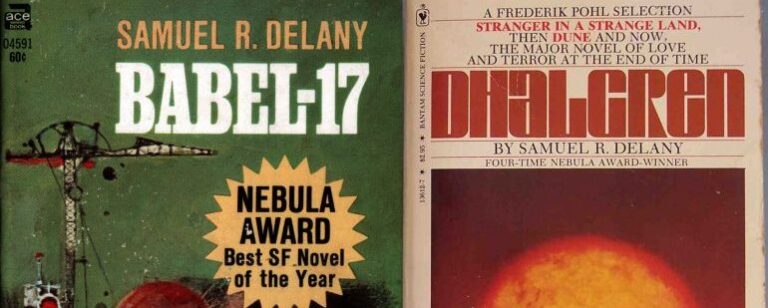
Since its integration into American culture at large, with the emergence of Robert E. Howard and H.P. Lovecraft and Hugo Gernsback, speculative fiction has always been willfully short-sighted in regards to race.
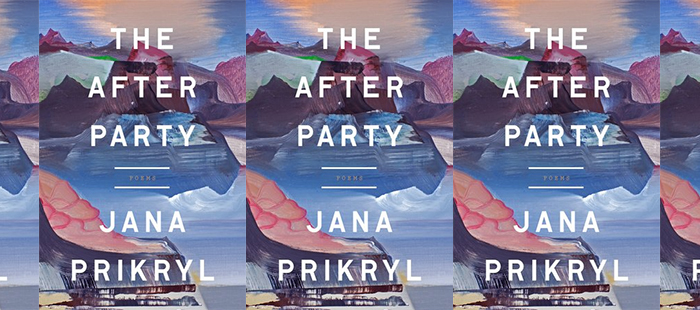
Jana Prikryl’s The After Party is one of those rare debut volumes, like Stevens’s Harmonium, in which we meet an already fully-inhabited voice. In some such cases, much unforeseeable development may be in store, as with Graham’s Hybrids of Plants and Ghosts; sometimes, as with Delmore Schwartz’s In Dreams Begin Responsibilities, the debut may be almost the whole story. Predictions are futile. A reader does feel, though, that a new town has appeared on the map.
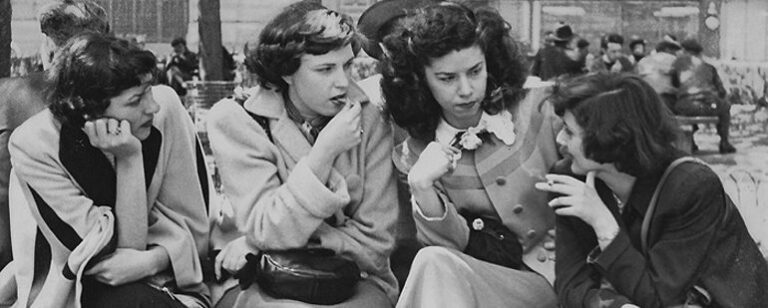
“That for which we find words is something already dead in our hearts. There is always a kind of contempt in the act of speaking.” I’ve always bristled at Nietsche’s many remarks on language. Here’s another: “All words are prejudices.”
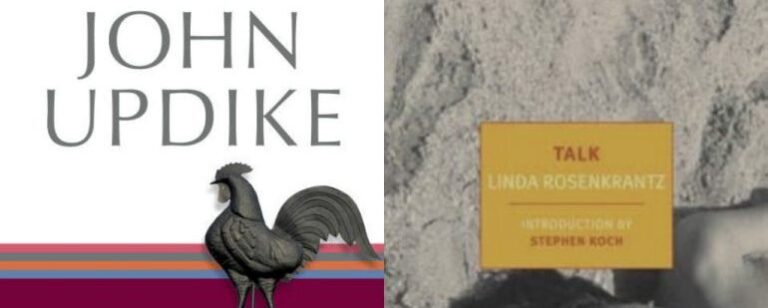
A funny thing happened to me this summer: I got trapped in the Sexual Revolution.
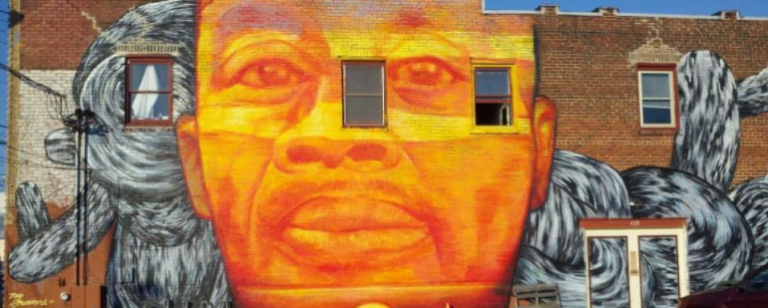
“Sometimes you just gotta show people,” writes Chuck Reese, founder and editor of The Bitter Southerner, an online magazine of writing, photography and music from and about the South. Reese, like many natives, grew tired of the clichés about the South as a region of yahoos.

I reread Sylvia Plath this summer on a fairly remote island off Ireland’s Connemara coast. Plath had been there once in September of 1962. She and Ted Hughes accepted an invitation from the Irish poet, Richard Murphy, to visit him at his home in the country’s heralded west.

I came to writing by way of visual art and the loss of the ability to step back from my work and see the whole, seemed insurmountable to me. But I now understand that language can be used just like paint.
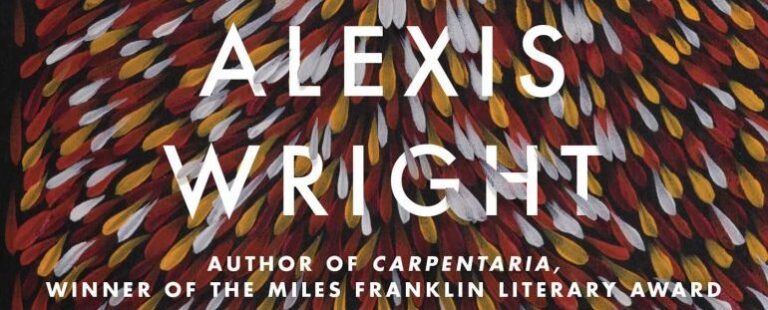
Australian Aboriginal novelist Alexis Wright’s latest offering, The Swan Book, brings us a dystopian satire with touches of magical realism. The futuristic tale takes place in Australia after climate change has ruined the world.

A writer is first – perhaps foremost – a reader. Why, then, is it rare to find our characters reading? It’s not that we don’t find books given a special place in fiction. Writers love writing about books.
No products in the cart.